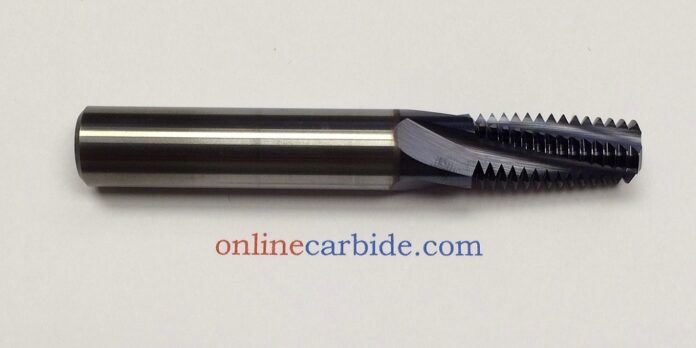Machining tools play a crucial role in the manufacturing industry. These tools shape and cut materials into desired shapes and sizes. Choosing the right material for machining tools is a critical decision because it affects the efficiency, durability, and precision of the tool.
Carbide is one of the most popular materials used for making machining tools due to its unique properties. Let’s explore why carbide is the chosen material for machining tools.
What is Carbide?
Carbide is a compound made up of carbon and a metallic element, such as tungsten, titanium, or tantalum. It is a hard and brittle material that is ideal for machining tools because of its wear resistance and high melting point.
Carbide is commonly used in the form of cemented carbide, which is a composite material made by combining tungsten carbide particles with a metallic binder, such as cobalt or nickel.
High Wear Resistance
One of the most significant advantages of carbide for machining tools is its high wear resistance. Carbide tools can withstand extreme heat, pressure, and friction without losing their shape or edge. This makes them ideal for cutting hard and tough materials, such as steel, titanium, and alloys.
Carbide tools can also maintain their sharpness for a more extended period, reducing the need for frequent sharpening or replacement.
High Hardness
Carbide is one of the hardest materials available, with a hardness level of up to 93 HRA (Rockwell hardness scale A). This makes most solid carbide end mills for sale extremely resistant to deformation and damage, even when subjected to high stress and impact.
Carbide tools can also cut through tough materials without breaking or chipping, which improves the precision and accuracy of the machining process.
High Thermal Conductivity
Carbide has a high thermal conductivity, which means it can dissipate heat quickly and efficiently. This property is essential for machining tools because it prevents the tool from overheating and losing its hardness and strength.
Most solid carbide end mills for sale can maintain their performance even in high-temperature environments, such as those encountered during high-speed machining or drilling.
Corrosion Resistance
Carbide is also highly resistant to corrosion and chemical damage. This makes it ideal for use in harsh environments, such as those found in the oil and gas industry, where exposure to corrosive substances is common.
Most tools such as end mills made of solid carbide can resist the corrosive effects of acids, alkalis, and other chemicals, ensuring their longevity and performance.
Cost-Effective
While carbide tools may have a higher initial cost than other materials, such as high-speed steel or cobalt, they are often more cost-effective in the long run. This is because carbide tools last longer and require less maintenance, reducing the need for frequent replacement or sharpening.
Carbide tools also provide better performance and precision, which can result in higher productivity and profitability for the manufacturing industry.
Carbide is the chosen material for machining tools because of these properties. They make machining tools ideal for cutting hard and tough materials, maintaining precision and accuracy, and withstanding harsh environments.
Choosing carbide as a material for machining tools is a wise decision that can improve the efficiency, durability, and profitability of the manufacturing industry.


